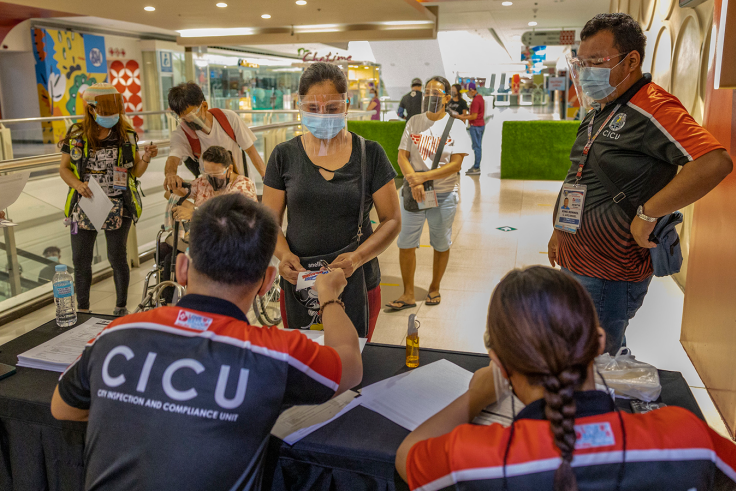 Public Health Emergency Response Effort
Public Health Emergency Response Effort
Background
The Suriname Public Health Emergency Response Effort is a partnership between Suriname’s Ministries of Health (MOH), Agriculture, Livestock and Fisheries, the Medical Research Institute, National Crisis Coordination Response Center (NCCR), Anton de Kom University of Suriname, civil society and community organizations, the Caribbean Public Health Agency (CARPHA) and PAHO/WHO (as Implementing Entity). The Pandemic Fund supports the Project with a $2.2 million grant. The Project is expected to bring in an additional $3.3 million in co-financing.
Suriname shares borders with Brazil, French Guiana, and Guyana, and its territory includes part of the northeastern Amazon region. It is highly vulnerable to emerging viruses, given deforestation, internal migration, and inequitable access to health services. Climate change exacerbates these issues, and flooding is becoming more frequent. The COVID-19 pandemic highlighted the urgent need to invest in pandemic prevention, preparedness, and response. The government is working to establish a new “Public Health Authority for Suriname” with major support from the Dutch government. The Authority has public health functions, health system functions, and a data/health information department. This Project will complement ongoing investments, focusing on national surveillance, Emergency Operations Centers, laboratory support, workforce development, and health communication.
Project objectives
The Project’s overarching objective is to establish a robust surveillance program that can continue to be scaled up over time, supported by a highly trained public health workforce, and strengthened laboratory capacities.
Implementation arrangements and key components
Project implementation will be led by the Ministry of Health and will include input and support from the Bureau of Public Health, Regional Health (serving the coastal region), the Medical Mission (serving the interior of the country), major hospitals, the Ministry of Agriculture, the Medical Research Institution, the National Crisis Response Center, PAHO/WHO, and community organizations. A management team will be formed to support day-to-day operations. The grant will finance the following key activities across four components. PAHO/WHO, as the Implementing Entity, will support all components.
- Strengthening national disease surveillance and emergency operations centers. This component will expand surveillance beyond the current approach which is limited to HIV/AIDS, malaria, and case counts from the Medical Mission. It will establish an events-based surveillance system and support outbreak investigation. It will set up Emergency Operations Centers in relevant ministries for future health emergency response and support simulation exercises.
- Strengthening laboratory capacity. This component will invest in consumables and reagents to ensure standard tests can be completed. It will support maintenance contracts for laboratories. It will train laboratory personnel, including practice on proficiency panels.
- Enhancing workforce development and health communication. The component will conduct training for the public health workforce. The component will support work with marginalized and vulnerable groups for data collection, development and distribution of biannual health equity reports, focused especially on Maroon and Amerindian communities. The Project will also support in-person meetings in Suriname's interior to establish connections with local population.
Expected outcomes
The Project is expected to increase surveillance capacity for the detection of infectious diseases. This will lay the groundwork for future disease surveillance expansion. Laboratories will be strengthened so that they are able to perform timely, standard tests (samples will be sent out for genomic sequencing). The public health workforce will be expanded and better trained to detect and respond to health emergencies. Communication infrastructure will be established so that laboratories and public health institutions communicate in an efficient and timely way, there is effective coordination across government and with other stakeholders on health emergencies, and communities are systematically engaged.
For general inquiries: the_pandemic_fund@worldbank.org
-
 RegionProject RegionsLatin America & Caribbean
RegionProject RegionsLatin America & Caribbean -
 CountryProject CountriesSuriname
CountryProject CountriesSuriname -
 Implementing EntityImplementing EntityWHO
Implementing EntityImplementing EntityWHO -
 Amount Approved (US$) $2,222,000
Amount Approved (US$) $2,222,000 -
 Total Co-financing
Total Co-financing
(in kind & in cash) (US$) $3,378,000.00

